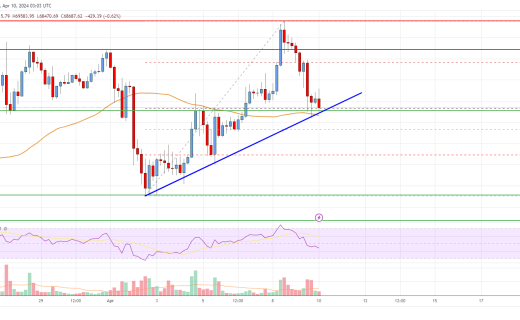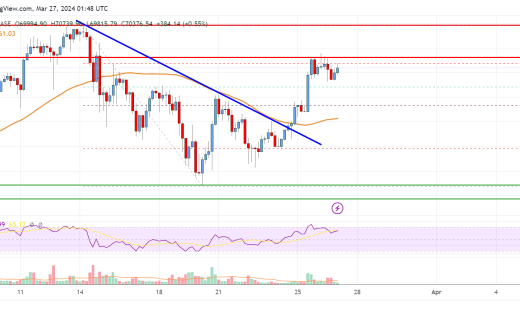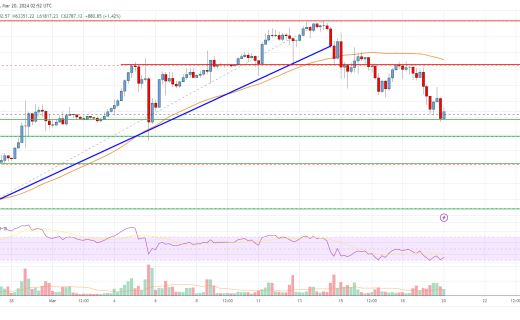It appears like cryptocurrency could actually support with remittance payments and improve employee salaries in Africa.
Research in Africa Demonstrates the Electric power of cripto
A study was executed in Nairobi, the money of Kenya. In this nation – and various other nations of Africa – a new field referred to as microwork has emerged about the previous 10 many years. Microwork is the observe of breaking up massive tasks into smaller sized types so they can be tackled by lots of persons at once.
This is a huge jump in the way things are accomplished in Africa, specially in terms of employee payments. As it stands, the typical man or woman in Africa only will make about $4.35 for each working day, but many thanks to microwork, they stand to make as a lot as $7. However, there are complications with spending individuals in that accomplishing so invokes expenses, and so it is said that cripto-payment solutions could wind up earning payment selection in Africa a lot easier for workers.
Some of the organizations getting section in the described study involve Celo, a cell defi system Appen, a publicly traded facts enterprise Kotani Pay back, a technological know-how platform centered on blockchain, and Niaro Bits, a non-earnings in Kenya developed to guide deprived youth. Mercy Corps Ventures (MCV) senior handling director Scott Onder commented in an job interview:
We trained 200 Kenyan youth to access electronic microwork from world platforms working with a cell application and integrated Valora digital wallet, which is developed on Celo. Our pilot examined how a steady coin could cut down the expenses and worries of sending and getting cross-border micropayments around a a few-thirty day period interval.
Celo companion Will Le claims that the review was rather successful and reveals just how solid cripto can be when it will come to remittance payments and ensuring staff get their paychecks on time. He said:
By decreasing fiscal frictions, we introduced a new product for tapping talent throughout borders, which was not earlier achievable with common financial infrastructure. Cryptocurrency, and exclusively stable coins, could hugely minimize the expense of remittances and foster cross-border commerce.
How Considerably Are These Payments Worthy of?
Immediately after the study was accomplished, MCV described in a statement:
Provided that the common charge of remittances to the benefit of $200 is drastically better than the international regular (8.72 percent in sub-Saharan Africa vs . 6.30 globally), the personal savings are most likely even increased. If all these transactions only value the 2.02 p.c enabled in the course of the pilot, the whole likely impression to the Kenyan overall economy could be over $200 million, or .22 per cent more than Kenya’s general GDP… Large transaction service fees, specifically for reduce payouts, suggest that micro personnel typically forfeit a major part of earnings (with a world-wide weighted regular charge of 4.71 percent, but in some circumstances, up to 30 % of gross earnings).
In 2021, remittance payments accounted for more than 3.5 p.c of Kenya’s in general GDP and experienced a worth of close to $3.7 billion.





Comments are off this post!